The Body Backup Approach:
A Unique Blend of Osteopathy and Functional Active Release
At Body Backup, we combine osteopathy with functional active release, guided by the expertise of Robin Lansman, to offer a proven therapy that enhances your daily life.
What is the Body Backup Approach?
Our approach targets soft tissue injuries and dysfunctions through a blend of osteopathic techniques, functional active release, rehabilitation exercises, and remedial massage therapy. This method begins with a thorough assessment and diagnosis, ensuring we address the root causes of pain and mobility issues.
Benefits of the Body Backup Approach:
Why Choose the Body Backup Approach?
Welcome to Body Back-Up Healthcare
Body Back-Up are a team of osteopaths with clinics in West Hampstead, London NW3 and Maidenhead. We treat a wide range of problems from sports injuries to back pain, sciatica and scoliosis, and help people make adjustments to their work, lifestyle or sports training.
We pride ourselves on offering a 6- step treatment process ensures that we provide the best care, from understanding what to expect on your first visit, to treating your problem and listening to your feedback.
We also offer video consultations, which can be used to diagnose whether further treatment is needed without a visit to the clinic. They can help with setting up your home or office workstation.
Our online booking system allows you to choose your clinic, practitioner and appointment time and book immediately.
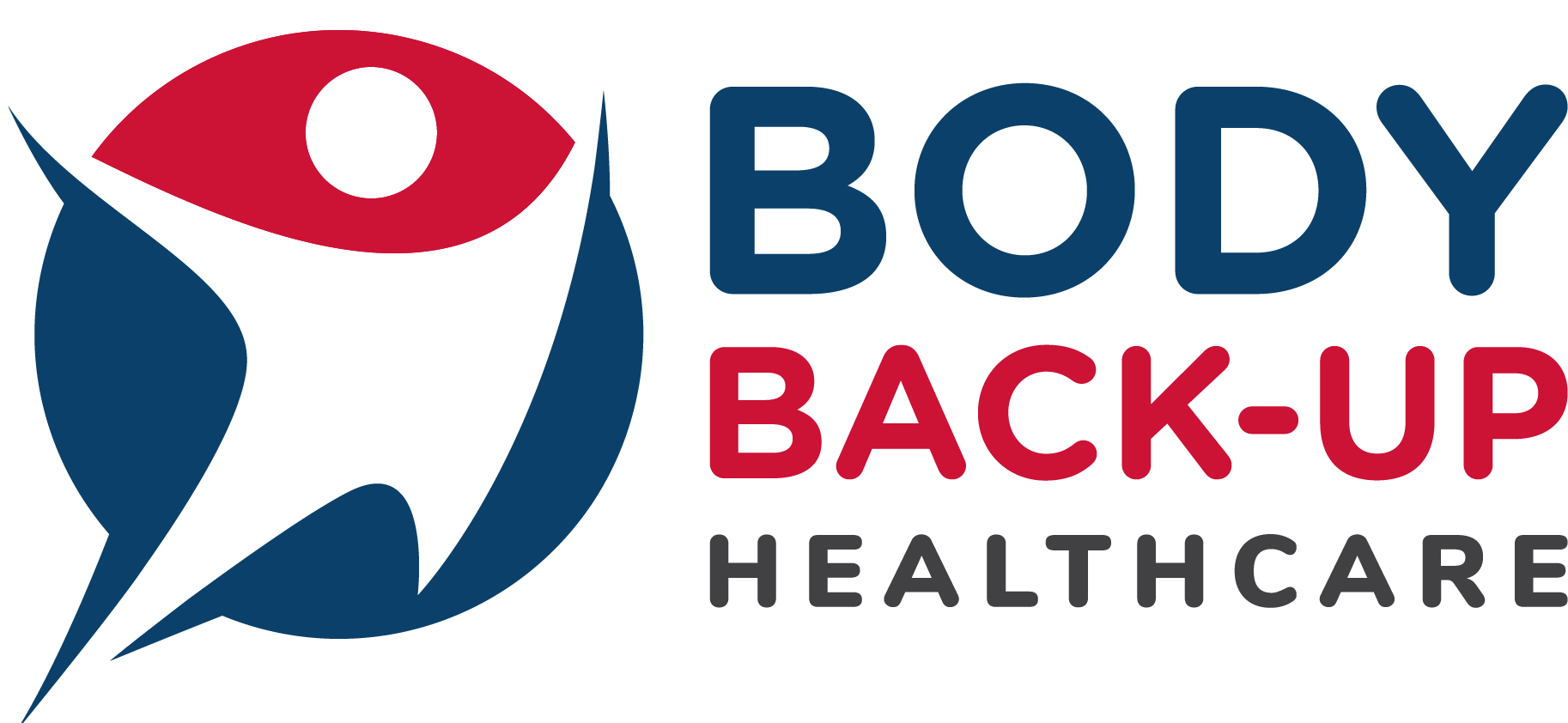
Body Back-Up Charity Support
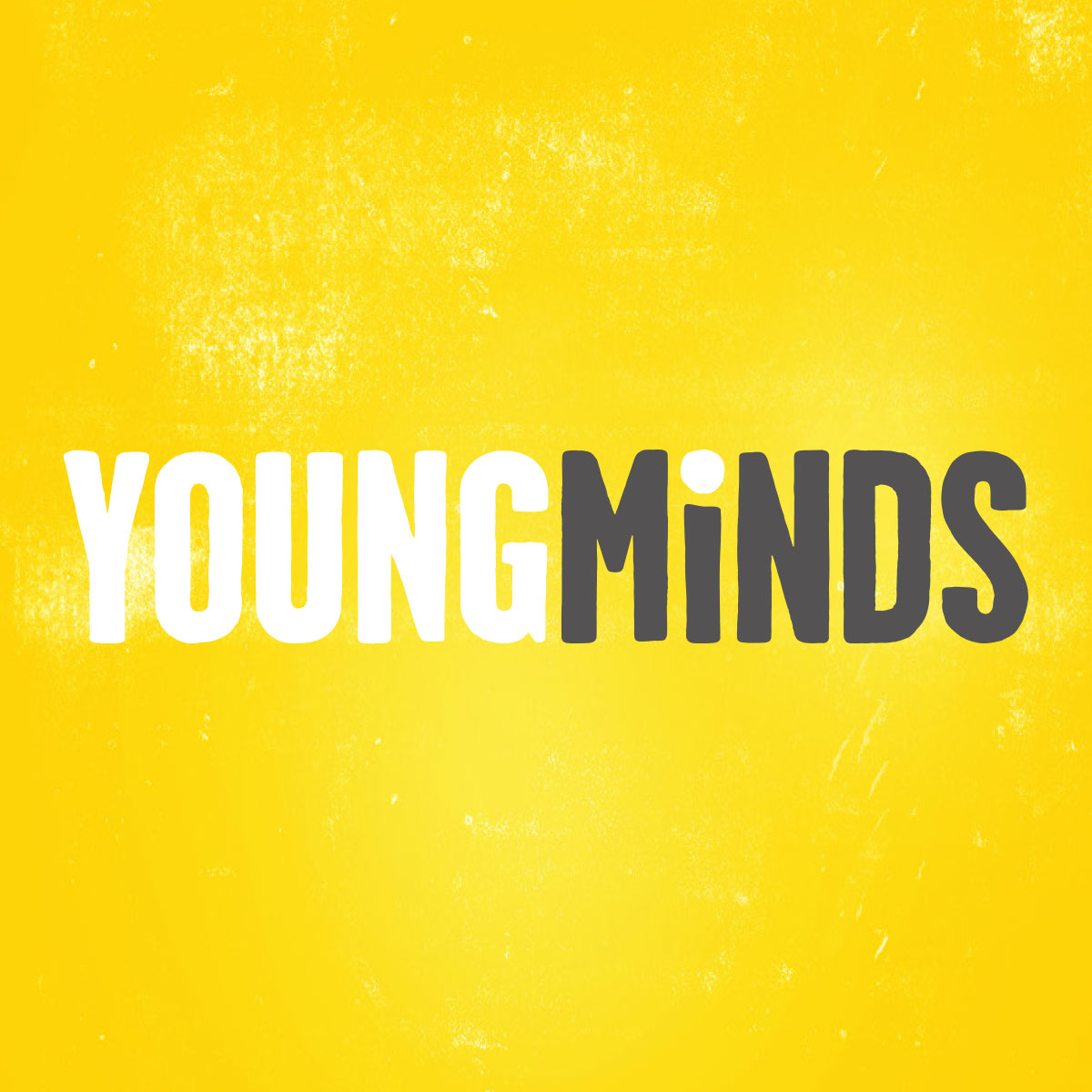
We are proud to support Young Minds, the UK’s leading charity championing the wellbeing and mental health of children and young people. Driven by their experience, Young Minds creates change so that children and young people can cope with life’s adversities, find help when needed and succeed in life.
People of all ages (7 to 90 plus) come an initial assessment appointment, often worried and in some distress. A major factor in health and recovery is mental attitude to life. Maintaining a positive mindset is hard when suffering pain and disability. This is something, as we work with the individual, we explore as part of our care plan.
We often need to assist our patients, of all ages, mentally by being a “coach” to help them move forwards. Motivation and self awareness are skills can be built on as move through life at any age! Starting early and looking after the Young mind, can only be a good thing!
We first supported Young Minds 20 years ago with sponsored events and collections. We donate a portion of our sales of heat packs to Young Minds, and also invite you to make a donation of your own!
Osteopaths and the NHS
Osteopaths are Allied Health Professionals recognised by the NHS and trained First Contact Practitioners (FCPs)
NHS studies have identified:
• One in five people consult a GP about a musculoskeletal problem each year
• 17-30% of GP appointments are muscle and joint problems
• These type of issues are the second largest cause of sickness absence and can be a factor in depression
We work with GPs to provide timely and effective treatment to patients, reducing the need for further care and pressure on the GP surgery.
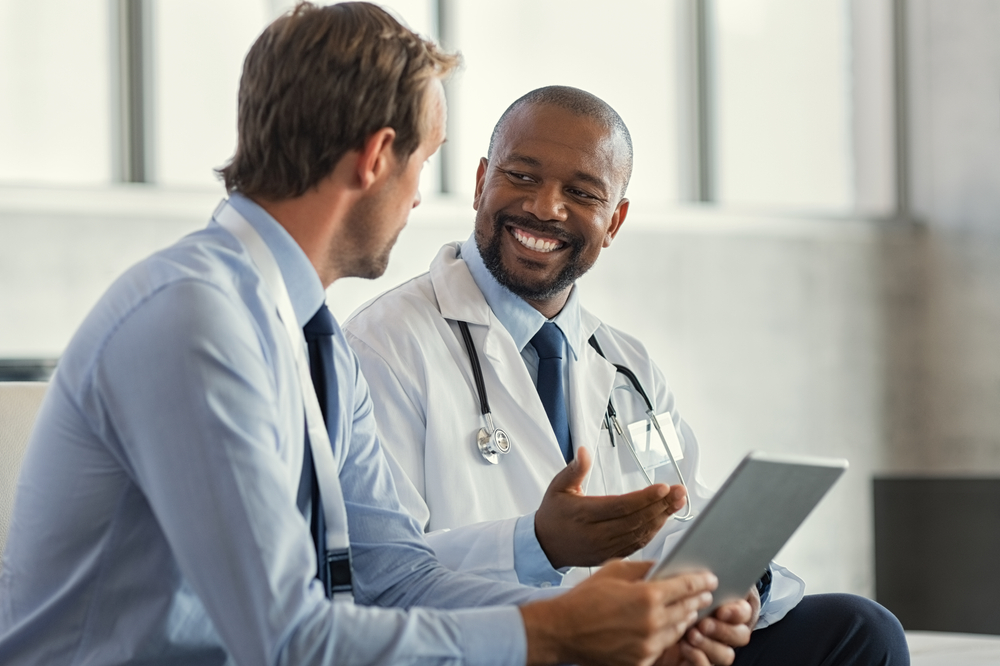
Book Now

You can make an appointment quickly and easily using our online booking system for our London NW3 and Maidenhead clinics. It’s simple to find an appointment that suits you and pay online, and you’ll receive confirmation of your appointment by email. We also offer online video consultations.
Join Our Mailing List
Join our mailing list to receive our latest tips and advice on staying healthy throughout the year.
What We Treat
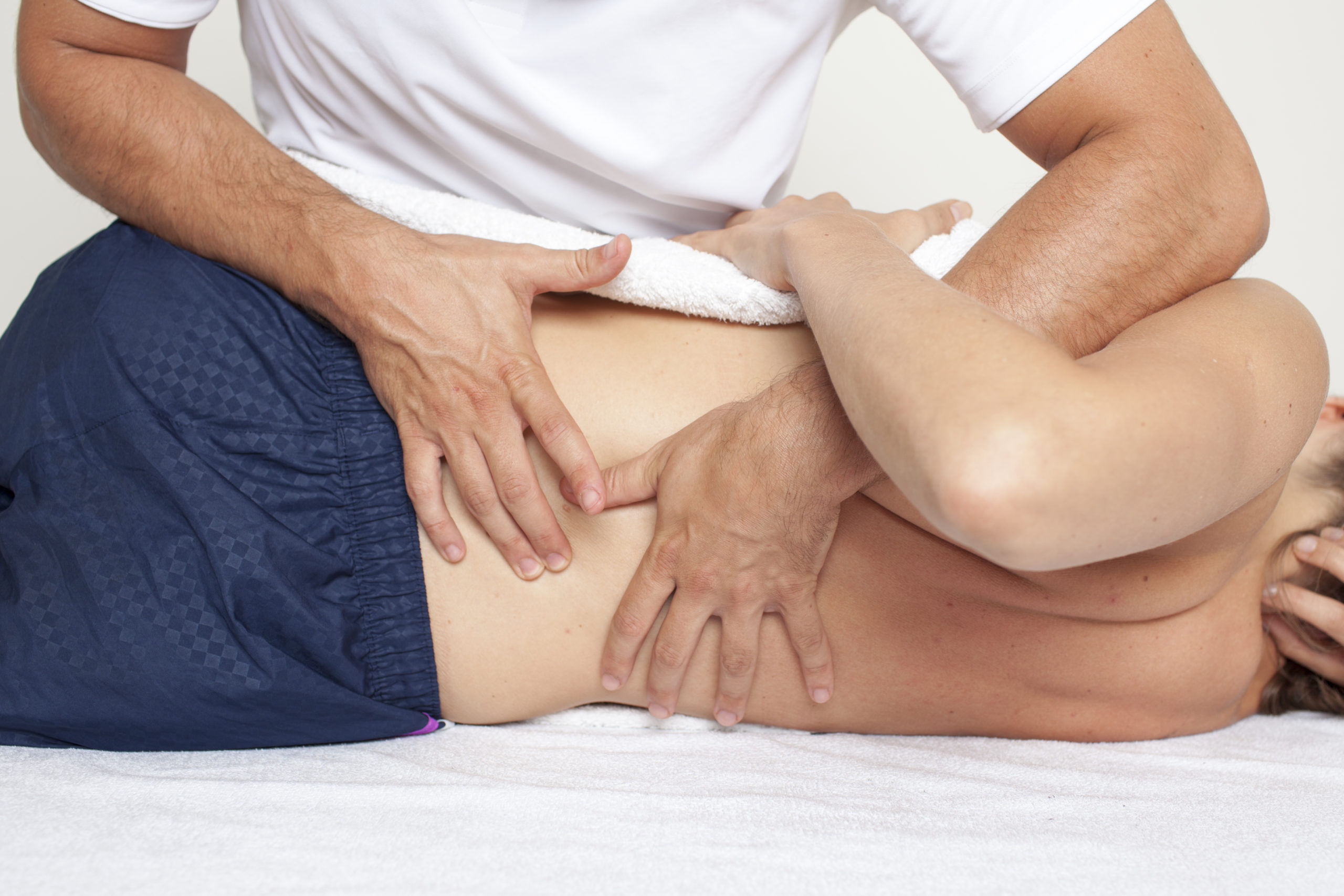
Osteopathy is a manual hands on therapy that works primarily by manipulating the joints and muscles in the body to both prevent and treat problems.
We treat problems like back pain and neck aches, joint pains such as hip, knee or ankle pain, sports injuries and chronic conditions such as sciatica and scoliosis.
At Body Back-Up we treat not just where it hurts but why it hurts. Pain in one area of the body may often be a symptom of tension or misalignment somewhere else, which is the real problem that needs be treated. We are also experts at diagnosing lifestyle factors that could be causing your problem, such as a poor workstation setup, bad position whilst driving, etc.
We are registered with and regulated by the General Osteopathic Council.
Our History
Body Back-Up was established by Robin Lansman in 1988 to provide treatment and advice for people suffering from muscular and joint pains. We now have four osteopaths working across two clinics, and have treated thousands of satisfied patients over 32 years
Robin is a past President of the Institute of Osteopathy. He has represented his profession at many events in the UK and around the world and appears regularly on BBC radio and television as an expert on musculoskeletal problems like back pain.

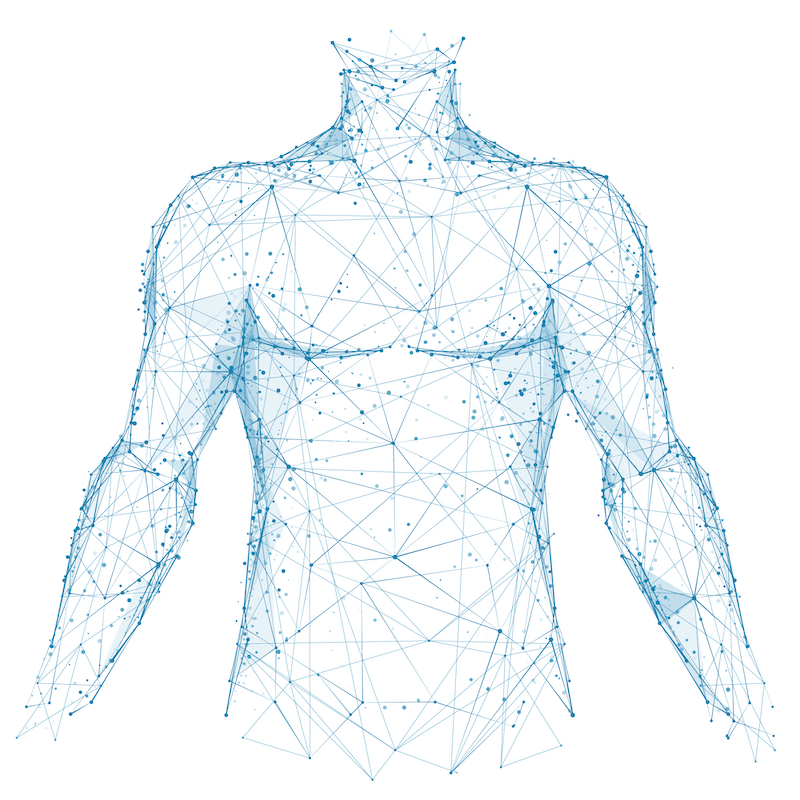
The four main principles of osteopathy, created by its founder Dr. Andrew Taylor Still at the end of the 19th century, form the basis of osteopathic thinking and influence osteopathic treatment plans.
The Four Principles of Osteopathy are:
1) The body is a unit
The body is considered as a whole. Each part affects each and every other part and the whole is greater than simply the sum of its parts.
2) Structure governs function
If the structure of the body is compromised (for example through injury, overuse, strain, etc.), then it is very likely to have an adverse affect on its function (for example manifesting as pain, stiffness, instability, etc.).
3) The body is its own ‘Medicine Chest’
Every person has their own built in healing mechanisms, which can be stimulated and supported by removing restrictive barriers. Once the barriers are removed, the body is usually able to resolve all but the most serious conditions.
4) The ‘Rule of the Artery’ is supreme
For healing to occur there needs to be a good enough blood supply to provide the troubled area
FAQ Frequently Asked Questions
What COVID-19 precautions are you taking?
In line with government guidelines, we ask all patients and staff to sanitise their hands on arrival and to wear a mask whilst in the building. We also sanitise all treatment surfaces in between consultations.
How do I know if osteopathy is suitable for my condition?
Osteopathy is mainly used to treat a wide range of conditions which have their roots in musculoskeletal issues. These include:
Aches and pains, such as an aching back or neck.
Joint pain, such as tennis elbow or “runners knee”, or other pains of the shoulder, elbow, hip, knee or ankle.
Sports injuries, whether caused by direct trauma (e.g. a heavy tackle), or by repetition or overuse (e.g. foot pain after running).
Chronic conditions. Osteopathy can also be used to treat certain chronic conditions such as sciatica, neuralgia, fibromyalgia, and pain arising from arthritis.
This isn’t an exhaustive list and osteopathy can also help with headaches and migrane prevention, circulatory problems, digestion problems, and with tension and relaxation. If you’re not sure whether osteopathy can help your particular problem, please don’t hesitate to contact us to discuss with an osteopath in confidence.
Will the treatment work?
Osteopathy is an evidence-based treatment and countless scientific studies have demonstrated the efficacy of osteopathy for the particular problems that we treat. Osteopaths are also one of the 14 Allied Health Professions and many work in the NHS.
If we did not see any improvement in your symptoms after a couple of sessions, we would suspect that there was an underlying cause for your problem that we had not been able to identify, and would refer you for X-rays or other tests.
Will I need to have regular sessions?
Most people need more than one session to treat their particular problem and we will aim to give you an idea at your first session of how many you will need and what sort of improvements you can expect.
Depending on your problem, you may also wish to have regular “check-up” sessions to ensure your continuing health, spot any problems early and avoid your symptoms returning.
Will I need to remove clothing during treatment?
Osteopathy is a manual therapy which involves the osteopath touching and manipulating the muscles and joints of the body. As such your osteopath may ask you to remove clothing down to your underwear.
You should feel completely comfortable during your treatment. Shorts and crop tops are usually fine, and towels are available to cover yourself if you prefer. Please discuss with your osteopath what the best options are for your particular treatment.
Is the treatment painful?
Osteopathy involves massaging, stretching and re-aligning the muscles and skeleton, and as such you may experience some pain either during the session (e.g. massaging a sore muscle), or for up to 24 hours afterwards. This is normal.
Your osteopath will communicate with you during treatment to ensure any pain does not go beyond what you’re comfortable with. Any discomfort you experience after the session should fade within 24 hours and not be severe enough to stop you going about any of your normal daily activities. If you have any concerns please contact us or discuss with your osteopath at your appointment.
Will I need to stop work or sport whilst undergoing treatment?
It shouldn’t be necessary to stop any of your normal activities whilst undergoing osteopathic treatment. If you do sports or your job is physically strenuous you may wish to avoid training or working immediately after your treatment in order to better allow the body’s natural repair mechanisms to function.
The exception to this is if your problem is being caused by your work or sport, for example if spending all day typing is causing a repetitive strain injury. In this case we will look at how to adapt your work to be healthier, and may recommend where possible that you temporarily avoid the activity causing the problem.
Will yoga, pilates or massage help me?
Although yoga and pilates can have great benefits, they are usually the same movements for everyone in the class, which may or may not be appropriate for you given your specific condition. They are also normally symmetrical movements, whilst you may need exercises which specifically target one side of the body. We would recommend speaking to your osteopath about the benefits of yoga and pilates in your particular case, and if possible working one-to-one with a teacher who understands your particular issues.
Massage therapy can also very beneficial when done with an appreciation of your unique symptoms, and massage often forms part of osteopathic treatment. If you would like to see a massage therapist in addition to your osteopathic treatment, please speak to us as we know several massage therapists (some who have received treatment at Body Back-Up) who understand the way we work and who we are happy to recommend to our patients.
Are you qualified and regulated?
Yes. All osteopaths complete a minimum of degree-level training, and are regulated by the General Osteopathic Council. We also all complete 30 hours per year of continuing professional development, ensuring we stay up to date with the latest developments in osteopathic medicine and are able to offer our patients the best service we can.
Do you offer any discounts?
Yes. We offer discounts for NHS staff and for members of various community schemes, as well as a discount voucher when you refer a new patient. To see what discounts we offer, go to the homepage and scroll down to the ‘concessions’ section.
How can I find out more about osteopathy?
You can find lots of information relating to osteopathy on the websites of the NHS, the General Osteopathic Council, and the Institute of Osteopathy.
How do I make an appointment?
We use an online booking system that allows you to choose your clinic, practitioner and time, and to book your appointment quickly and easily, even for the same day.
Are you covered by my health insurance?
Osteopathy is covered by most major health insurers. Please check your individual policy to see what is covered and whether you need a referral from your GP. Please note your health insurance may only cover part of your treatment and you may still have to pay part of the fee yourself.
Do you offer online video appointments?
Yes. Online video appointments are a convenient and inexpensive way to carry out a diagnostic assessment and see whether you need further in-person treatment or whether you can treat yourself. We can also carry out workstation assessments online.
Is it possible to request a female practitioner?
Yes. At our Maidenhead clinic you can book an appointment with Ella Martin, who sees patients on Tuesdays and Thursdays.
Can I bring a chaperone?
Yes. You are welcome to bring a friend or family member to accompany you during your osteopathic appointment. Please note that appointments for children under the age of 16 must be booked by a parent or guardian, who must also be present during the osteopathic consultation.
Is osteopathy suitable during pregnancy?
Yes. Pregnancy causes a range of changes and demands on a woman’s body, increasing weight and shifting centre of gravity, all of which can cause stress on the spine, muscles and joints of the body. Please see our pregnancy page.
Is osteopathy suitable for children and babies?
Yes. Osteopaths are trained in paediatric care and can treat the same musculoskeletal issues in children and babies as in adults. For babies we will generally use gentler cranial techniques, which may also assist in generally relaxing and calming your baby.
What do I need to bring with me?
It is not necessary to bring anything to your osteopathic appointment, although it may help to bring the following:
- GP Details
- GP Referral letter if you have one
- X-Rays or Scans where appropriate
- Current medication list
- Completed Health Insurance Forms
- Medical Reports
- Exercise Program
 Trustpilot
Trustpilot